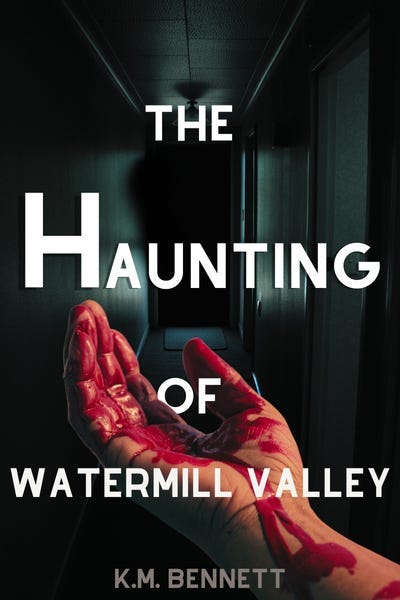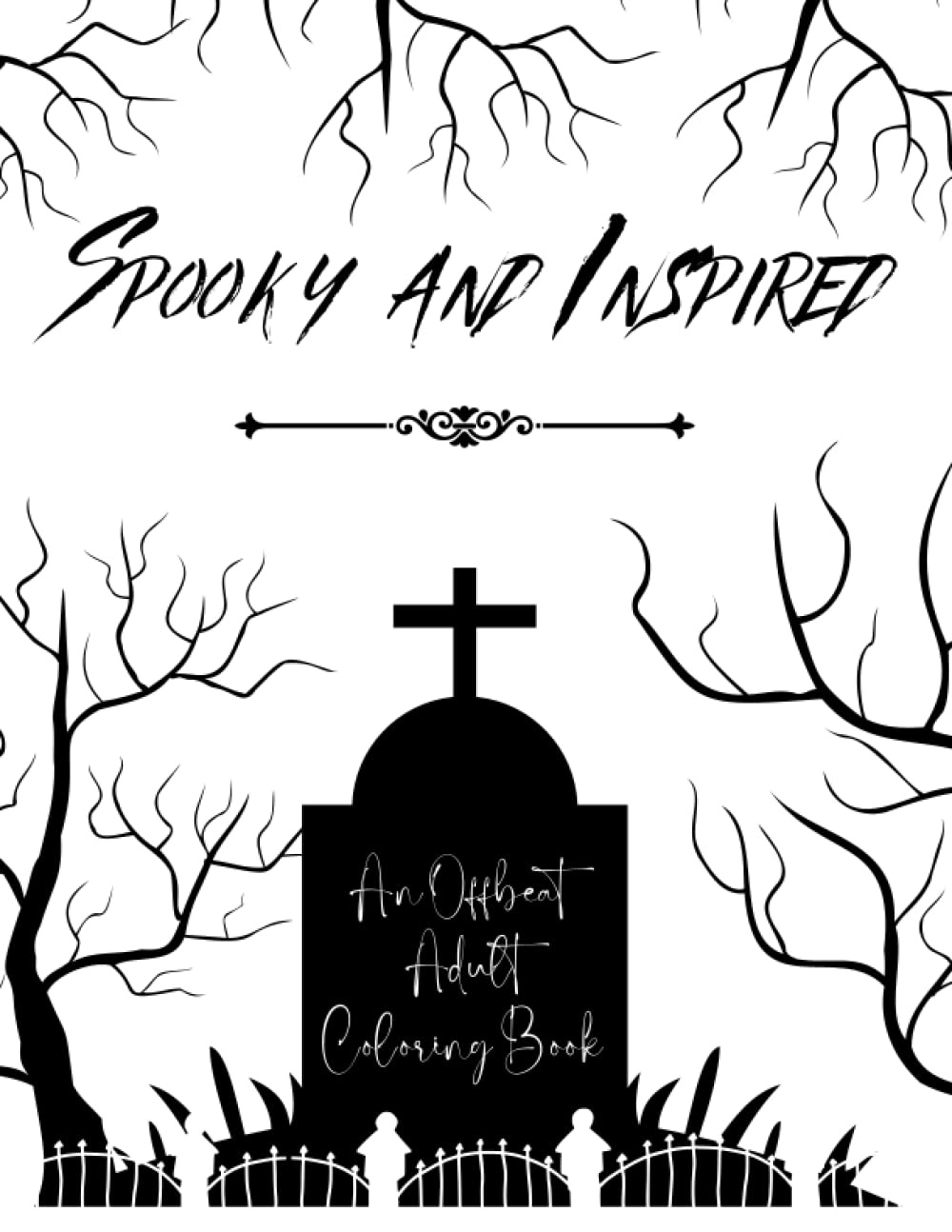Why you should add a "NO AI TRAINING" notice to your books
There are so many reasons to add one to your copyright page today.
When I self-published my first short fiction collection, Dreadful Dozen: Twelve Tales of Horror, last year, AI was already a topic of general concern (to put it mildly). Artists were already reeling from the implications of a technology poised to steal future business from them, and with the mechanisms for doing so being tied to using their own work no less.
Sometimes, the messaging from the tech companies doing this sounded a lot like this was a gray area that had never been addressed before.
As time has gone on, in my opinion, any ambiguity surrounding this question has been slowly eroded. I do not feel this is a gray area at all. Words were stolen to train AI, without authors’ permission. In many cases, authors weren’t even done the courtesy of having their work purchased even once for the purpose of this unauthorized training. The Atlantic released information about how Meta used pirated books to train their AI. You can even search the database to see if your work was one of the ones used via the pirated database to train their AI.
Stolen words, taken for the purpose of stealing future work from writers. The violations of AI against artists and authors seem to keep building upon themselves like pages of insults added to injury, which are then folded into “new” intricacies that are designed to dissuade us from recognizing this theft for the crime that it is.
This rampant sense of violation can make us as authors feel as if we have no power or say in this, but that isn’t true. We own the copyright to our work and get to decide how it is used. At least, that was my impression. That’s how I think it should be. In my opinion, that ownership over our own work includes the ability to permit our work to be used to train AI, or to forbid it.
I do not consent to have my work used for training AI.
That’s why, when I published my first story collection, I decided to add the following disclaimer to my copyright page.
No portion of this work may be used for training artificial intelligence without written permission from the author.
I honestly didn’t know if I could claim this authority over my own work or if anyone would respect it, but it was my way of saying, very clearly: no, you may not use my work against my will to train AI.
But as I was researching recently, I discovered that I am far from the first person to think of adding such a disclaimer to their work. The Authors Guild, for example, provides a list of tips to help protect your work from AI. One of the suggestions on their list is to add a No AI Training note to your copyright or cover page. They even provide some sample text that you can use for your own disclaimer.
What’s the point of including such a thing if the tech companies are just going to do what they want anyway?
Well, for one thing, as I see it, you’re laying the groundwork against future attempts to grab your work. If you state specifically in your copyright notice that your work is not up for grabs for AI training, in my view it takes away any ambiguity these companies can claim in the future. They can’t say this is a gray area if we make things very clear regarding our work. At least, I hope not.
During a time where companies are claiming that using our work for AI training is under “fair use,” I think that it’s a good idea to include this disclaimer on our copyright pages.
We don’t know how laws will change regarding intellectual property and AI training in the future, and we don’t know how successful any future legal action will be, but we can try to prepare ourselves the best we possibly can. We can try to get in the best possible position in a rapidly changing atmosphere.
Another reason? To voice our disagreement with the practice of stealing our work for AI training without our consent. To make it abundantly clear that anyone who takes it for this purpose is stealing. Even if it does nothing else but raise awareness, this is enough of a reason for me.
And listen, this is my own disclaimer here: I am not a legal professional; I have no expertise in this. I am not giving you legal advice. The information contained in this article is provided for informational purposes only, and should not be construed as legal advice on any subject matter.
What I am giving you is some information about what I did to try to protect my work during a time when protections feel few and far between, and why I think others should consider similar actions also.
Finally, if you found that you were one of the authors impacted by Meta’s use of pirated books for AI training, I am so sorry that this happened to you. The Author’s Guild has this list of actions you can take, and I think it’s worth reading.
If you got this far, thank you so much for reading.
Please tell me in the comments if you have included any sort of AI disclaimer in your work, or if you’ll now consider doing so in the future. Or, are you someone who was impacted by their books being pirated and then used to train AI? Let’s discuss.
Check out my work!
Do you like reading, coloring, or having something new to look forward to each week? I’m writing a little something here to remind you what I have on offer.






Perfect! I will pass along to my publisher.
Thanks for this. I’ll be adding a disclaimer to all my posts in future. It probably won’t make much practical difference, given the recent legal ruling that AI scraping is fair use, but it raises a hand in protest at this legalised theft, at the very least.